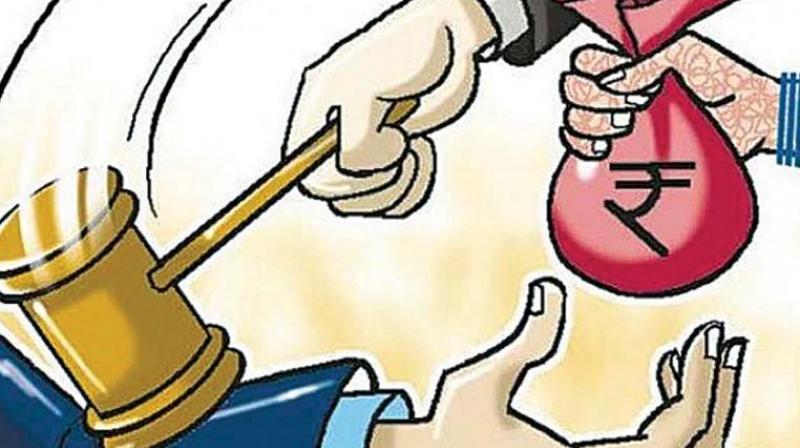Inquiry is a must before filing FIR
The bench noted that the police has to act as per the provisions of Section 41 of the Criminal Procedure Code before making arrests.

Hyderabad: The three-member Supreme Court bench while directing DGPs to sensitise investigation officers deputed to deal with cases of dowry harassment, cited three cases which the police could look to for guidance.
These included the Joginder Kumar v State of UP, D.K. Basu v State of West Bengal, Lalita Kumari v State of UP and Arnesh Kumar v State of Bihar, dealing with the conditions under which suspects can be arrested.
The bench noted that the police has to act as per the provisions of Section 41 of the Criminal Procedure Code before making arrests for offences under Section 498A of the IPC.
In Arnesh Kumar, the apex court held that arrest for offence under Section 498A IPC has to be made only in exceptional circumstances, that too after recording special reasons in writing in accordance with Section 41(1) (b) CrPC.
In Lalita Kumari, a Constitution Bench of the Supreme Court held that the police has to carry out preliminary inquiry before registration of FIR in respect of matrimonial disputes.
In Joginder Kumar, the top court said the police should not carry out arbitrary arrests.
In D.K. Basu, the Supreme Court has laid down procedural guidelines which are to be followed by the police while arresting the accused.
Though the three-member bench modified the two-member bench's direction with regard to constitution of family welfare committees at district level and power of the district judges to close the case under Section 498A on the ground of settlement, it has left undisturbed other directions in the Rajesh Sharma case.
The three-member bench approved the direction in Rajesh Sharma that red corner notices and impounding of passports in cases of accused staying abroad should not be done in a routine manner. The court also agreed that recovery of disputed dowry items may not be a ground while rejecting an application for grant of bail under Section 498A.
As regards direction in clause 19(vii) which held that personal appearance of the accused should not be insisted on, and that video conferencing should be resorted to, the bench held that appropriate applications seeking exemption from personal appearance, either under Section 205 or Section 317 Cr PC, depending upon the stage of case, should be filed.

